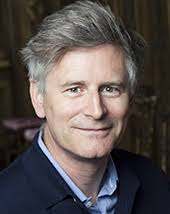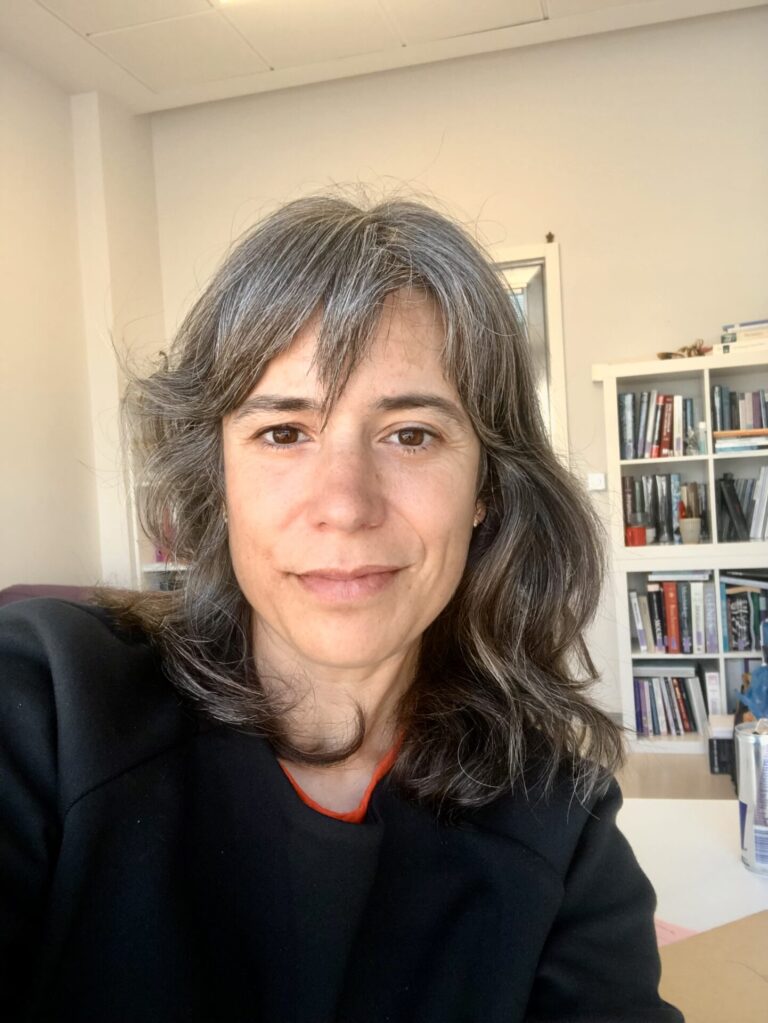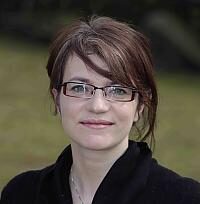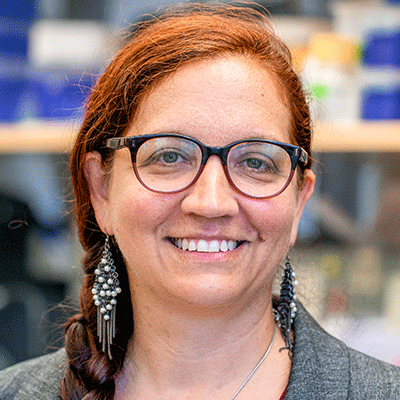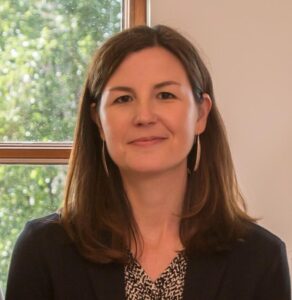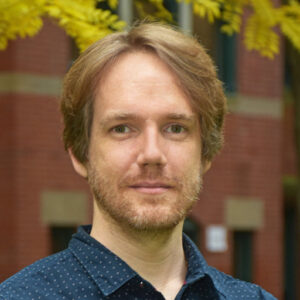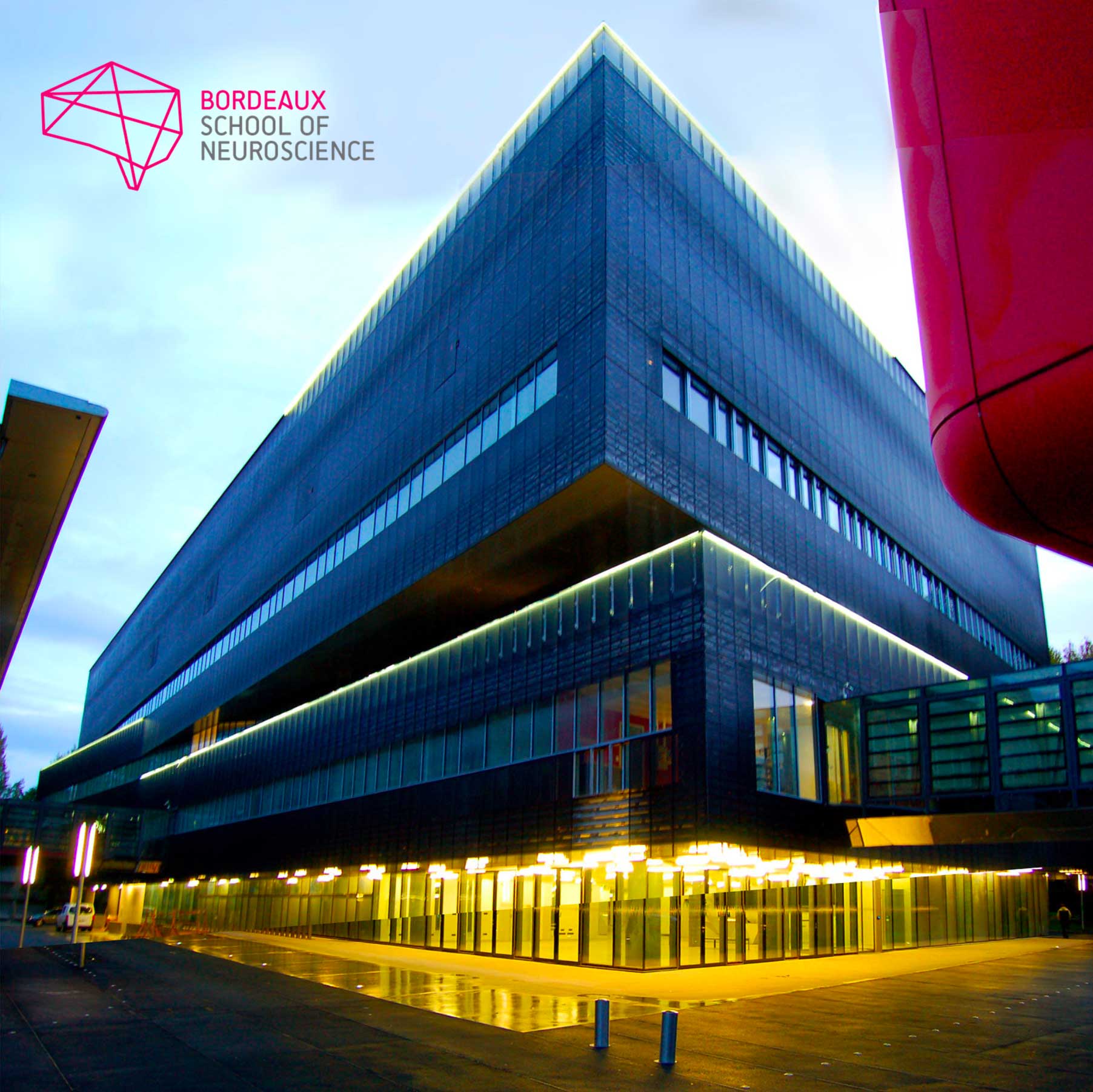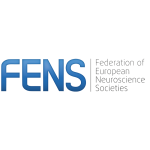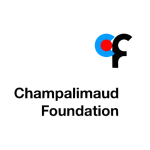Course overview
Understanding the links between activity in neural circuits and behavior is a fundamental problem in neuroscience. Attacking this problem requires detailed information about the cell types in neural circuits and their connectivity, and recording the spatiotemporal patterns of activity in the intact brain during behaviour. Furthermore, probing causal relationships between cellular and circuit-level processes and behaviour requires perturbation of specific elements of the circuit in a temporally and spatially precise manner.
This course will highlight the new anatomical, genetic, optical, electrophysiological, optogenetic, and pharmacogenetic approaches that are available for addressing these challenges. The faculty will discuss tool development through to their implementation in diverse model systems, including mice and zebrafish. Students will learn the potential and limitations of these techniques, allowing them to both design and interpret experiments correctly.
Course directors
Executive director
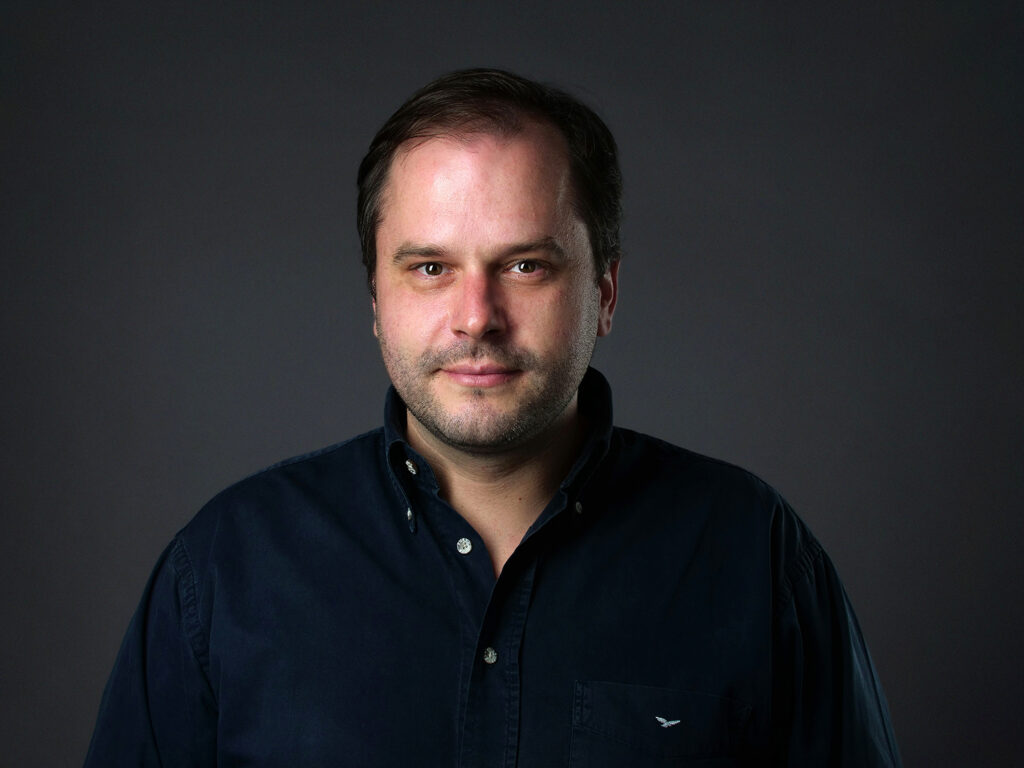
Pedro Garcia da Silva
Course Executive Director
Portugal
Keynote Speakers
Instructors
Stan Heinze – Lund University, Sweden
Chris Xu – Cornell University, USA
Michael Orger – Champalimaud Foundation, Portugal
Constanze Lenschow – Magdeburg University, Germany
Ana João Rodrigues – ICVS, Minho University, Portugal
Bob Datta – Harvard University, USA
Marta Moita – Champalimaud Foundation, Portugal
Botond Roska – Institute of Molecular and Clinical Ophthalmology Basel, Switzerland
Tobias Rose – University of Bonn Medical Center, Germany
Darcy Peterka – Columbia University, USA
Vanessa Ruta – Rockefeller University, USA
Eugenia Chiappe – Champalimaud Foundation, Portugal
Isaac Bianco – University College of London, UK
Christine Constantinople– New York University, USA
Nicolò Accanto – Institut de la Vision, France
Carsen Stringer – HHMI Janelia, USA
Greg Jefferis– MRC Laboratory of Molecular Biology, UK
Nick Steinmetz – University of Washington, USA
Michael Brecht – Bernstein Center for Computational Neuroscience, Germany
Hugo Marques – Champalimaud Foundation, Portugal
Ana Rita Mendes – Champalimaud Foundation, Portugal
João Frazão – Champalimaud Foundation, Portugal
Gokul Rajan – Champalimaud Foundation, Portugal
Matheus Farias – Champalimaud Foundation, Portugal
Daniel Munch – Champalimaud Foundation, Portugal
Georg Reiser – Champalimaud Foundation, Portugal
Dennis Goldschmidt – Champalimaud Foundation, Portugal
Filipa Barros – Champalimaud Foundation, Portugal
Bruno Cruz – Neurogears, UK
Edgar Baumler – Wolfson Institute for Biomedical Research, UK
Moritz Buchholz – Wolfson Institute for Biomedical Research, UK
Dario Campagner – Sainsbury Wellcome Centre, UK
Tan YuLin – Sainsbury Wellcome Centre, UK
Stephen Lenzi – Sainsbury Wellcome Centre, UK
Istvan Taisz – Sainsbury Wellcome Centre, UK
Yaara Lefler – Sainsbury Wellcome Centre, UK
Mathias Loidolt – University College of London, UK
Course content
The course combines a lecture series featuring top speakers from around the world with a practical “hands-on” introduction to the latest methods for probing neural circuits, using drosophila, zebrafish, and (transgenic) mice. The course will focus on anatomy and connectivity, recording and manipulation, and the relation between circuits and behavior. During the course, each student will carry out a ‘mini-project’, executed under the guidance and supervision of experienced researchers and teaching assistants.
For more information on the course programme, you can visit the past course website.
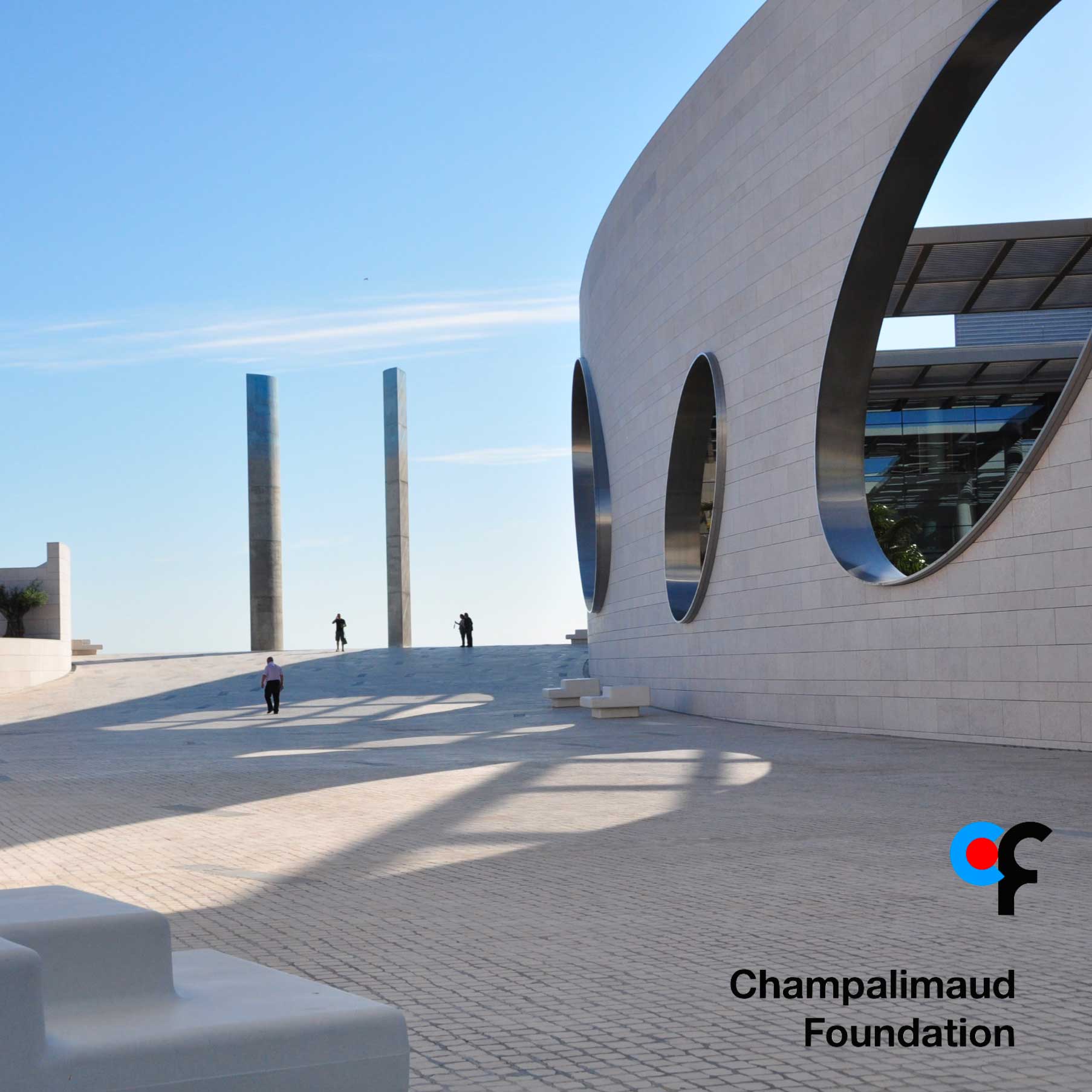
Champalimaud Centre for the Unknown, Portugal
The Champalimaud Foundation is a private, non-profit organization, established in 2005 and dedicated to research excellence in biomedical science. Completed in 2010, the Champalimaud Centre for the Unknown is a state-of-the-art centre that houses the Champalimaud Clinical Centre and the Champalimaud Research, with its three parallel programs – the Champalimaud Neuroscience Programme, the Physiology and Cancer Programme, and the Experimental Clinical Research Programme.
Initially focused on a system and circuit approach to brain function and behavior, the Centre expanded to incorporate molecular and cell biological expertise. The Centre comprises 26 research groups (circa 400 researchers) leading independent curiosity-based research.
Facilities
The Centre provides Facilities dedicated for Training, some in their entirety, for use by the CAJAL Advanced Neuroscience Training Programme. These include the Teaching Laboratory, a fully equipped open lab space for 20-30 students that can be dynamically reconfigured to support a full range of neuroscience courses. It also overlooks, via floor to ceiling windows, a tropical garden and the river. The experimental spaces include: Imaging Lab: A dark-room containing a full size optical table is used for advanced imaging setups (two-photon microscopy, SPIM, etc.) and custom (course-designed) optical systems.
Registration
Fee : 3.950 € (includes tuition fee, accommodation and meals)
Applications closed on 31 January 2023
The CAJAL programme offers 4 stipends per course (waived registration fee, not including travel expenses). Please apply through the course online application form. In order to identify candidates in real need of a stipend, any grant applicant is encouraged to first request funds from their lab, institution or government.
Kindly note that if you benefited from a Cajal stipend in the past, you are no longer eligible to receive this kind of funding. However other types of funding (such as partial travel grants from sponsors) might be made available after the participants selection pro- cess, depending on the course.

